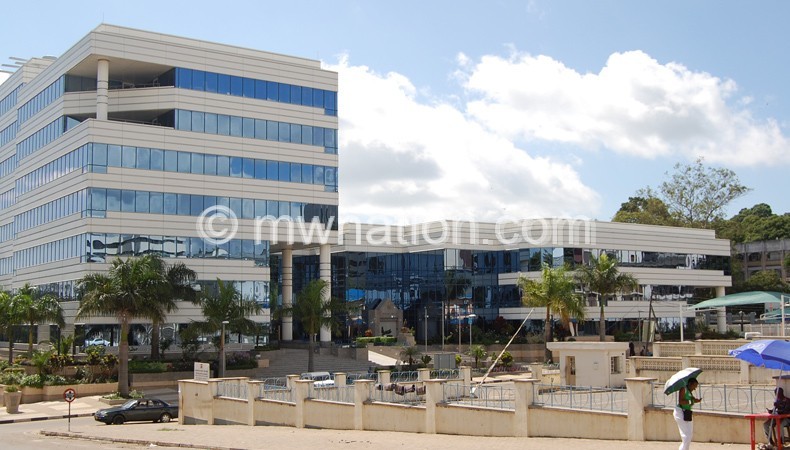RBM targets annual inflation rate of 12%
Reserve Bank of Malawi (RBM) has put the December 2015 inflation rate target at 12 percent, but a University of Malawi’s Chancellor College economics professor Ben Kaluwa has expressed pessimism based on the expected drop in this year’s crop output.
The central bank, in its latest monetary policy statement number two titled ‘Managing inflation expectations’ signed by Governor Charles Chuka, said from the December 2014 inflation rate of 24.2 percent, this year’s target translates to implementing monetary measures aimed at the attainment of an average inflation rate of about 17.3 percent for 2015.
A drop in inflation rate to around 12 percent could also prompt the RBM to reduce the policy rate, or bank rate, from the current 25 percent, which could also result in commercial banks easing their lending rates from around 39 percent.
However, the prospect of achieving inflation rate of 12 percent in December 2015 could be undermined by a number of risks, according to RBM.
“Failure to finance the deficit as planned plus weak cash flow management presents serious risks for the monetary policy framework. This risk can be mitigated by enhanced coordination of monetary and fiscal operations,” said the statement.
Government has a planned deficit of K107.1 billion, expected to be financed largely through external resources.
A fiscal deficit is the difference between the government’s expenditures and its revenues, excluding the money it has borrowed.
RBM also fears that rising food prices as a result of reduced maize production due to flooding in some parts of the country will also be another risk to inflation target.
It said mitigation of this risk depends on how government manages food price expectations as well as how it finances the food gap caused by the floods and the drought.
The Ministry of Agriculture, Irrigation and Water Development is yet to release crop estimates for this season but Civil Society Agriculture Network (Cisanet) has estimated that harvest is expected to drop by about 30 percent largely due to the effects of flooding and dry spell in some parts of the country.
RBM is also wary of a sudden turnaround in international commodity prices (crude oil) that could possibly have an effect on inflation rate targeting.
“On present prospects, this risk appears unlikely to materialise with increased output in Saudi Arabia. Nonetheless, it is important that the automatic pricing mechanism continues to be implemented as designed to ensure full transmission of low crude oil prices to the local pump price,” said the RBM.
Oil prices have been on the downward spiral in recent times, prompting Malawi Energy Regulatory Authority (Mera) to reduce local fuel pump prices twice this year.
When asked if the RBM target is achievable, economist Kaluwa said: “I do not see Malawi achieving an inflation rate of less than 15 percent this year. This is because people are not expecting a good harvest. We are driven by the need for a food item, especially maize, which about 70 percent of the population relies on.”
Kalua projected that due to maize scarcity, owing to the low yield, maize prices will continue to rise and this will affect the targeted trend of inflation levels.
Maize, as part of food, has a huge weight at 50.2 percent in the consumer price index (CPI), that measures the changes in price level of a market basket of consumers goods and services purchased by households.
This means that whenever maize is in short supply, the inflation rate tends to be on the upward spiral. n





